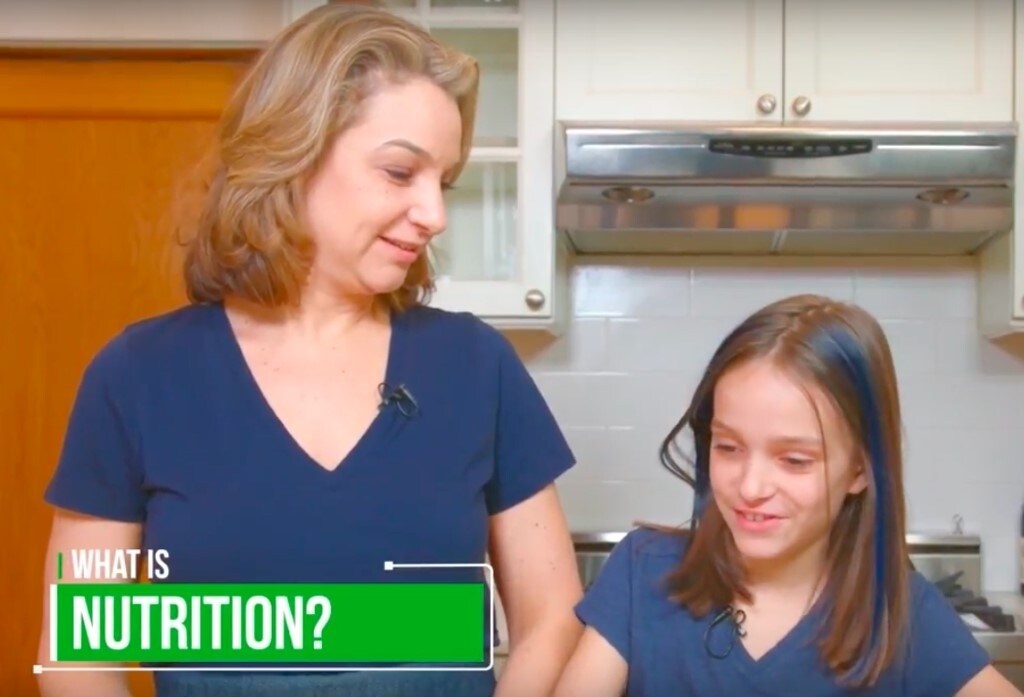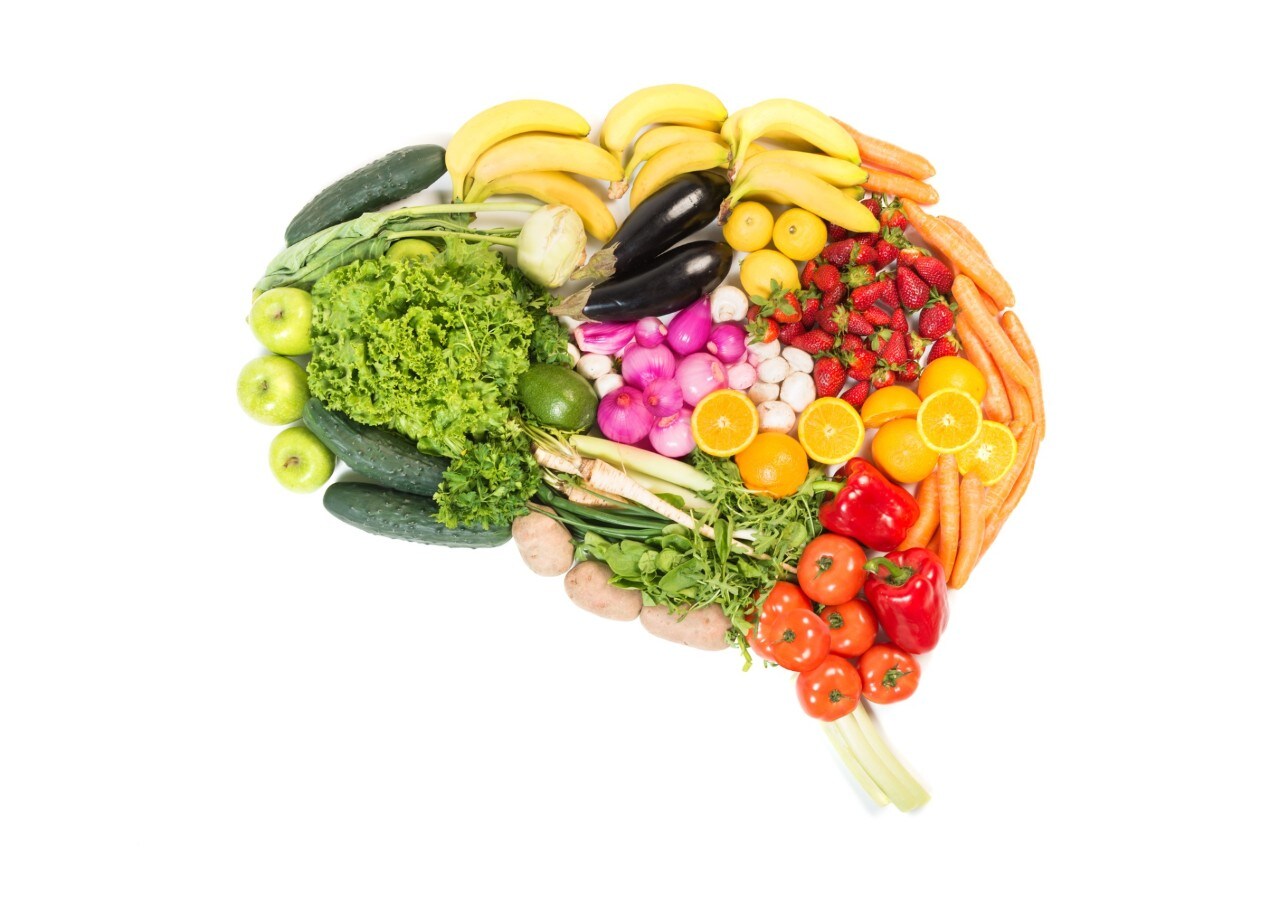References
1.Dallman M, Pecoraro N, La Fleur S: Chronic stress and comfort foods: Self-medication and abdominal obesity. Brain, Behavior, and Immunity 2005;19:275-280. www.ncbi.nlm.nih.gov/
2. Christensen L, Pettijohn L: Mood and carbohydrate cravings. Appetite 2001;36:137-145. www.ncbi.nlm.nih.gov/
4. Song C, Shieh C, Wu Y, et al: The role of omega-3 polyunsaturated fatty acids eicosapentaenoic and docosahexaenoic acids in the treatment of major depression and Alzheimer’s disease. Progress in Lipid Research 2016; January 4th.
5. Chhetry B, Hezghia M, Miller J, et al: Omega-3 polyunsaturated fatty acid supplementation and white matter changes in major depression. Journal of Psychiatric Research 2016; 75:65-74.
6. Heras-Sandoval D, Pedrraza-Chaverri J, Perez-Rojas J: Role of docosahexaenoic acid in the modulation of glial cells in Alzheimer’s disease. Journal of Neuroinflammation 2016; March 10th.
7. Nishihira J, Tokashiki T, Higashiuesato Y, et al: Associations between serum omega-3 fatty acid levels and cognitive functions among community-dwelling octogenarians in Okinawa, Japan.
Journal of Alzheimers Disease 2016; February 16th.
8. Hibbeln J: From homicide to happiness: A commentary on omega-3 fatty acids in human Society. Nutrition & Health 2007;19:9-19.
9. Buydens-Branchey L, Branchey M, Hibbeln J: Associations between increases in plasma n-3 polyunsaturated fatty acids following supplementation and decreases in anger and anxiety in substance abusers. Progress in Neuropsychopharmacology 2008;32:568-575.
10.Shikany J, Heimburer D, Piyathilake C, et al: Effect of folic acid fortification of foods on folate intake in female smokers with cervical dysplasia. Nutrition 2004;20:409-414. http://www.ncbi.nlm.nih.gov/
11. Green-Raleigh K, Carter H, Mulinare J, et al: Trends in folic acid awareness and behavior in the United States. Maternal Child Health Journal 2006;July 6th.
12. Young S: Folate and depression. Journal of Psychiatry and Neuroscience 2007;32:80-82.
13. Williams E, Steward-Knox B, Bradbury I, et al: Effect of folic acid supplementation on mood and serotonin response in healthy males. British Journal of Nutrition 2005;94:602-608.
14. Fact sheet on folate: https://ods.od.nih.gov/factsheets/Folate-HealthProfessional/
15. Arroll M, Wilder L, Neil J: Nutritional interventions for the adjunctive treatment of schizophrenia. Nutrition Journal 2014;September 16th.
16. Brown H, Roffman J: Vitamin supplementation in the treatment of schizophrenia. CNS Drugs 2014;28:611-622.
17. Manore M, Besenfelder P, Wells C, et al: Nutrient intakes and iron status in female long-distance runners during training. Journal of the American Dietetic Association 1989;89:257-259.
18. Iron deficiency prevalence: https://www.cdc.gov/
19. Low M, Speedy J, Styles C, et al: Daily iron supplementation for improving anaemia, iron status and health in menstruating women. Cochrane Data Base System Review 2016;April 18th.
20. http://www.mdedge.com/
21. http://www.apa.org/
22. Tanskanen A, Hibbeln JR, Tuomilehto J, Uutela A, Haukkala A, Viinamäki H, Lehtonen J, Vartiainen E: Fish consumption and depressive symptoms in the general population in Finland. Psychiatr Serv 2001; 52:529–531.
23. Silvers KM, Scott KM: Fish consumption and self-reported physical and mental health status. Public Health Nutr 2002; 5:427–431.
24. CrossRef, Medline 4. Tiemeyer H, van Tuijl HR, Hofman A, Kiliaan AJ, Breteler MMB: Plasma fatty acid composition and depression are associated in the elderly: the Rotterdam Study. Am J Clin Nutr 2003; 78:40–46
25. http://aibolita.com/










